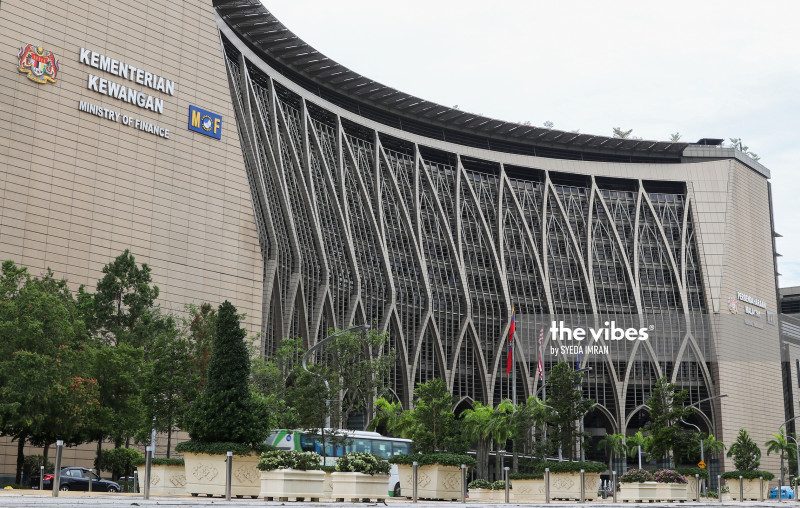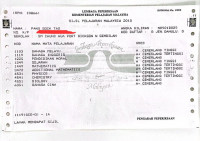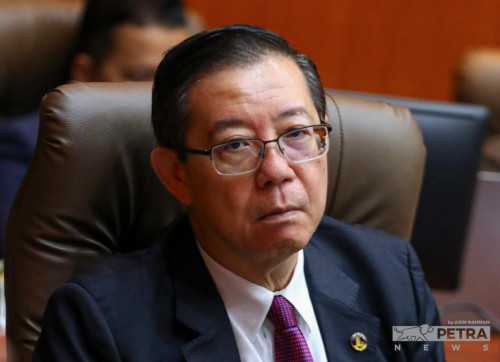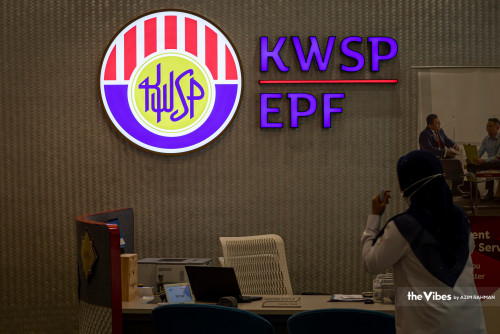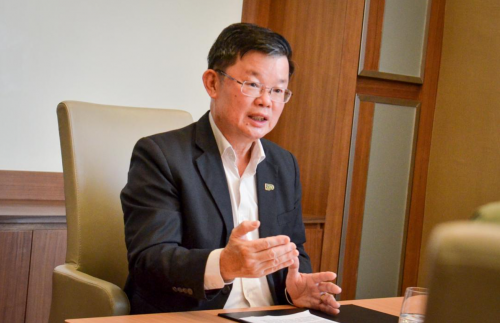BUDGET 2022 expects an increase in tax collection by 5.9% on the back of a better economic outlook. Corporate tax collection is expected to increase by 8.1% to RM65.5 billion which is higher than pre-pandemic numbers in 2019.
This is optimistic but remains challenging if businesses are still trying to bounce back from Covid-19. The introduction of the one-off tax on companies that make super profits and taxation on foreign sourced income may provide some cushioning, but I also expect tax audits to be intensified to meet the collection target.
From a tax reform perspective, the taxation on foreign sourced income is a significant change and will increase the tax bill of companies with overseas operations.
More details should be provided in the finance bill in this regard and I hope that there are special circumstances available for companies to continue to enjoy exemption on such income.
Extension of reinvestment allowance
Budget 2022 proposes to extend the reinvestment allowance (RA) incentive for another two years, to the year of assessment 2024. This is available to eligible companies that have exhausted their RA incentive claims.
This is a welcomed proposal, encouraging businesses to continue to invest in expanding, automating, diversifying, and modernising their operations.
Currently, the RA incentive is only available to the manufacturing and selected players in the agriculture sector. I was hoping that the RA incentive would be given to the service sector considering the significance of this sector to our economy. However, this is missing from Budget 2022.
Deferment of tax payments for SMEs
The proposal to allow small and medium enterprises (SMEs) to defer tax instalment payments for six months until June 30, 2022 should alleviate the cash constraints faced by SMEs. However, the impact of this proposal may not be felt since most small businesses are facing challenges with bouncing back, bearing in mind that there may be minimal or no profits in 2022.
Revision of estimates of tax payable in the 11th month
This is a good proposal especially for businesses that face fluctuations in their financial projections and hence may face challenges providing reasonable tax estimates. Currently, businesses are allowed to revise their tax estimates in the sixth and ninth month without any imposition of penalties.
The facility to allow revision of tax estimates in the 11th month would provide businesses an opportunity to submit more accurate tax estimates without any penalties.
Carrying forward tax losses
Currently, businesses are only allowed to carry forward tax losses for a maximum of seven years. Budget 2022 proposes to extend it to 10 years and this should provide relief to businesses who have a long gestation period and those who have been suffering from the pandemic.
One-off tax on highly profitable companies
Instead of introducing windfall tax on companies that benefited from the pandemic and enjoyed super profits, Budget 2022 proposes a one-off 33% tax on taxable profits above RM100 million.
This is an increase of 9% compared with the current headline tax of 24%. This measure should be easier to implement compared with the proposal to impose windfall profit levy on certain sectors where market price may be lacking.
It also covers all businesses that have prospered from the pandemic. How much tax revenue that can be generated from this measure remains to be seen as more than 90% of total business establishments in Malaysia are SMEs and there may not be many companies having taxable profits (which is net of deductible expenses and allowances) above RM100 million.
Considering that SMEs make up more than 90% of business establishments in Malaysia, it remains to be seen how much additional tax can be collected from companies having more than RM100 million taxable profits.
Taxing foreign sourced income
Foreign sourced income received in Malaysia will be taxed effective January 1, 2022. This is in response to global developments such as the global minimum tax and the recent European Union action to include Malaysia in its “grey list”.
This is a significant overhaul to our taxation system which has been predominantly a territorial tax system. One of the key issues to address is if dividends received locally will now be taxed because the law currently exempts local dividends from income tax due to the single-tier system that Malaysia adopts.
There should also be a facility to claim tax relief should the same income be subject to tax elsewhere. In Singapore, certain foreign sourced income such as foreign sourced dividends are not subject to Singapore tax subject to fulfillment of certain conditions.
Stamp duty on contract notes for trading of listed shares
There were calls to tax gains derived from share trading activities, and instead of introducing capital gains tax, Budget 2022 sought to increase the stamp duty rate from 0.1% to 0.15% on contract notes for trading of listed shares and remove the cap of RM200 introduced back in 2003.
This is a quick and easy way to increase tax collection from such activities. It is a good alternative to the capital gains tax regime, which can be complex to administer and requires careful study before implementation. Removal of the RM200 cap would impact share transaction value above approximately RM134,000.
SVDP for indirect taxes
Budget 2022 estimates an increase in indirect tax collection by 5.4% compared with 2021. This is largely attributable to the SVDP programme for indirect taxes that the government will be rolling out.
The SVDP is a good initiative to encourage taxpayers to come forward and rectify errors. This proposal is also an attractive one in that a full waiver of penalties will be granted during the first phase of implementation followed by a 50% waiver in the second phase. Under the previous SVDP programme for income tax, penalties were only reduced to 10%.
Property sector
The measures proposed to encourage home ownership such as the affordable housing projects and the Housing Guarantee Scheme are commendable, but more could be offered to stimulate the property sector. The Home Ownership Campaign should be extended beyond December 31, 2021 to boost the property sector.
The real property gains tax exemption for disposal of properties above five years holding period for Malaysian citizens and permanent residents should provide some cheer and tax savings for these individuals. – The Vibes, October 30, 2021
Sim Kwang Gek is the country tax leader at Deloitte Malaysia



